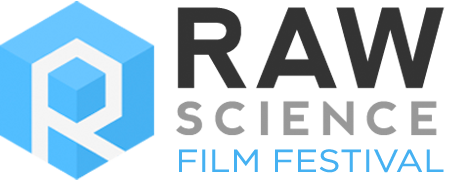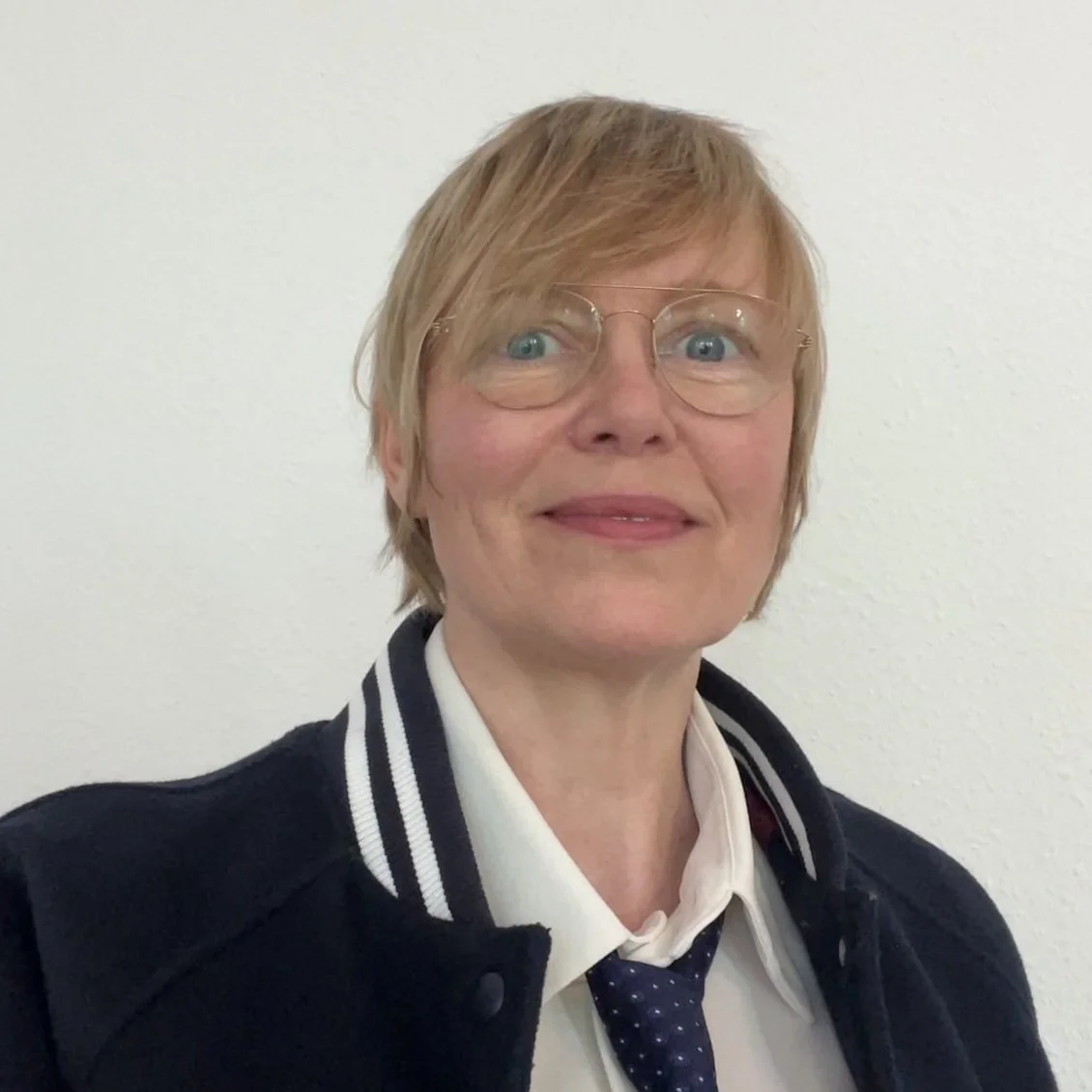“I'm not interested in how people move, but what moves them” – this sentence by dancer and choreographer Pina Bausch is a central guiding principle for Bianka Hofmann.
Bianka Hofmann collaborates with scientists and artists to tackle R&D from unusual perspectives and to create experiences that make socially relevant issues accessible to broad audiences. This involves formats that incorporate a transdisciplinary, often physical and experiential approach to science and emerging technologies, integrating artistic practice and reflection in the humanities. Through this approach, she aims to enable a diverse audience to build an emotional and positive relationship with science and technology while avoiding uncritical optimism. “We need a post-disciplinary avant-garde that feeds on the integration of natural and social sciences, technology, and art, reaching for utopias, thereby achieving social realities – shunning dystopias and technological promises of salvation,” says Hofmann. From a young age, social justice, women's and human rights, and environmental protection have played a significant role in her life.
Art holds a prominent place in this context: for Hofmann, it offers an emotional anchor in our intricate, rapidly changing an intricate, rapidly changing world. Artists also act as essential navigators in an uncertain future. Art helps to explore innovative technologies, new applications, and potentially problematic societal developments. Scientists also use creative or artistic practices, which are still rarely incorporated into the organizational identity and workflows. Therefore, artiscient projects that integrate science and art and offer opportunities for intergenerational exchange are all the more critical to her. Such transdisciplinary projects are increasingly in demand as valuable contributions to knowledge production to respond to social challenges and crises of our uncertain times, in a creative and sensory way.
Hofmann produces short films, interactive exhibits, and large-scale 3D installations. The outcomes are showcased at renowned exhibitions and festivals in Germany and abroad, including the German Museum of Technology in Berlin, the Ars Electronica Center and Festival in Linz, the UCLA Art |Sci Center, Center, SIGGRAPH Asia in Tokyo, the Media Art Nexus in Singapore and the Raw Science Film Festival in the USA. She develops STEAM and storytelling workshops and oversees an international residency program for creative professionals at a research institution. This program includes participatory STEAM courses for students that merge science, art, and technology, fostering multidisciplinary and transdisciplinary knowledge exchange.
Hofmann studied biology and comparative religion in Bremen. She is trained as a cognitive behavioral coach and has run her own business. She wrote her interdisciplinary diploma thesis on ritualization and female genital mutilation, covering aspects of behavioral biology and religious and cultural theory. Hofmann also studied the neurobiology of teaching and learning, interspecies communication, and the physical and acoustic behaviors of short-finned pilot whales. The insights gained from this research have contributed to the development of protective strategies for these animals. She has published scientific work in behavioral biology, visualization, and the intersection of art, technology, and science.
Currently, Hofmann works in science engagement as a creative research consultant, scientific consultant, writer, producer, and director for and with international artists, scientists, organizations, and institutions.


